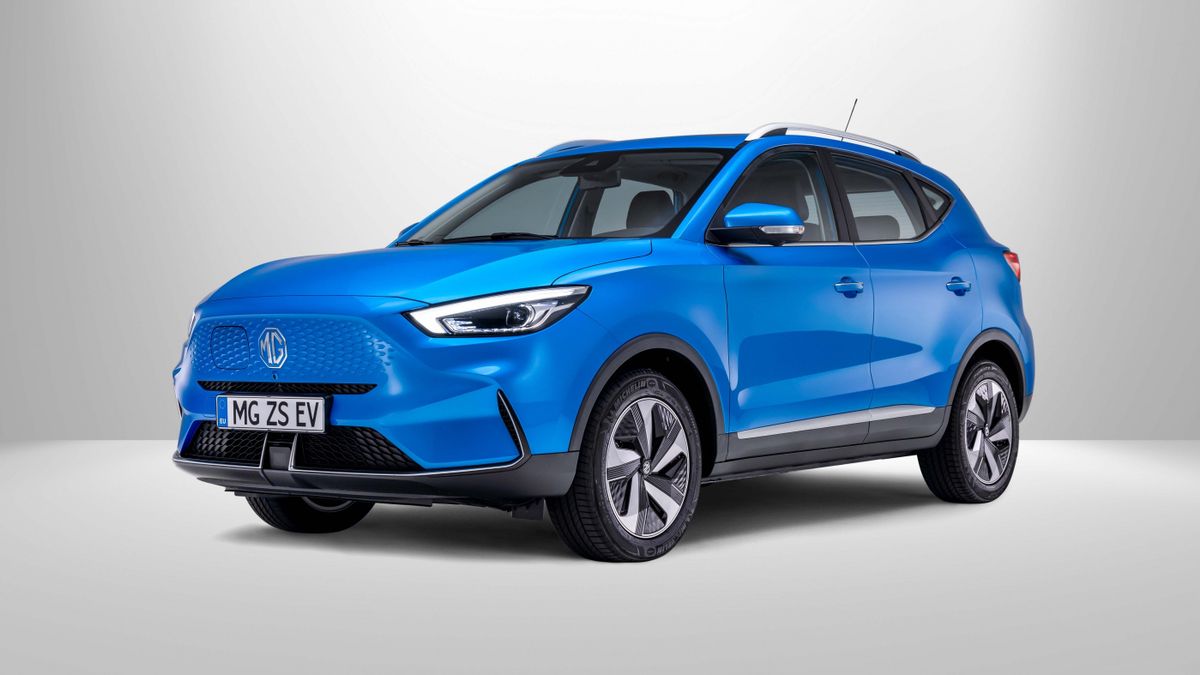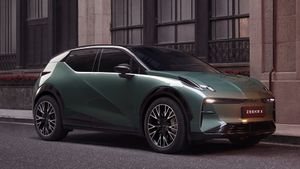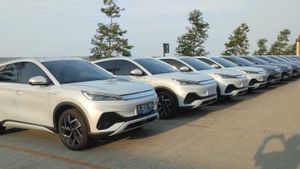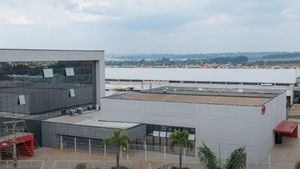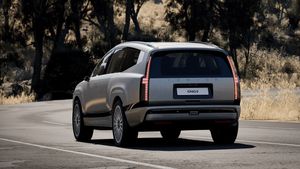JAKARTA - Automotive manufacturers from China are facing an increase in new electric vehicle (EV) rates set by the European Union (EU). Policies regarding additional EV import duties from the bamboo curtain country will be enforced starting July 4.
As a result, if the tariff is implemented, Chinese automotive manufacturers need to look for new markets in order to compete in the global industry. Countries such as Australia, for example, open the road by not implementing similar policies like the western region.
A spokesman from the Federal Chamber of Automatic Industries (FCAI), said that market competition in the automotive industry must be supported so that people can choose various vehicle options to meet their needs.
"The availability of Chinese-produced vehicles has increased consumer choice, allowing Australians to buy cars that most suit their work, recreation and family needs," a FCAI spokesperson said, quoted from Carscoops, Monday, July 1.
A number of automotive companies from China felt the impact. The MG, which is owned by Shanghai Automotive Industry Corporation (SAIC) Motor, has successfully introduced ZS EV to the public of the Ethiopian country and plans to add its ranks, namely Cyberster this year.
In addition, other manufacturers such as BYD have also launched three models, Atto 3, Dolphin, and Seal. In fact, the manufacturer, which was founded in 2003, had outperformed Tesla in sales last January in Australia.
Accompanying these two brands, there are other manufacturers planning to enter the Australian market, including XPeng, Geely, Changan, and Leapmotor.
SEE ALSO:
However, Research Director Institute for Sustainable Futures at Sydney University Technology Scott Dwyer warned that the movement regarding the electric vehicle industry could change.
The challenge is to ensure that the launch of charging infrastructure in Australia is actually running or faster than sales of electric vehicles, Dwyer said.
EV demand in this country is also developing. In 2023, as many as 98,000 electric vehicles were successfully sold. It is stated that the National Electric Vehicle Strategy set by local authorities in providing incentives can help this growth.
Then, the Australian Renewable Energy Agency has committed to investing USD 500 million (IDR 5.4 trillion) to expand the electric vehicle charging infrastructure.
The English, Chinese, Japanese, Arabic, and French versions are automatically generated by the AI. So there may still be inaccuracies in translating, please always see Indonesian as our main language. (system supported by DigitalSiber.id)
